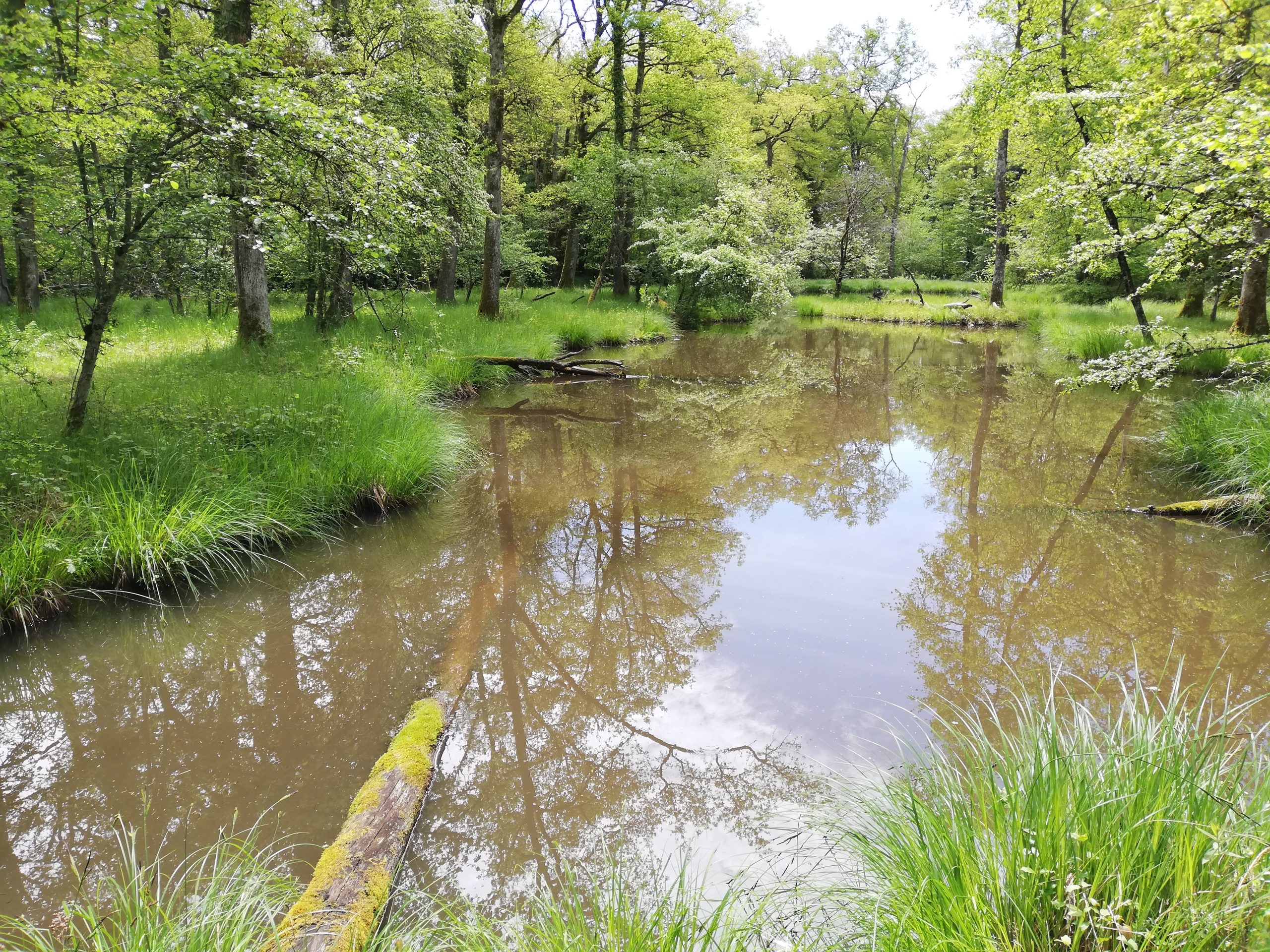Issue No.8
Read the full issue here
Receive the latest news from PONDERFUL
Contents
Meet our team members
PONDERFUL Coordinator Dr Sandra Brucet answers questions about her career, her role in the project and the legacy of PONDERFUL. She explains her role in PONDERFUL as coordinator and manager of the consortium, as well as scientific coordinator of the project and responsible of the communications with the European Commission. In the PONDERFUL framework, she is also leader of two tasks: one focused on the temporary ponds and the role of hydroperiod and another about the relationship between biodiversity and ecosystem functioning in ponds.
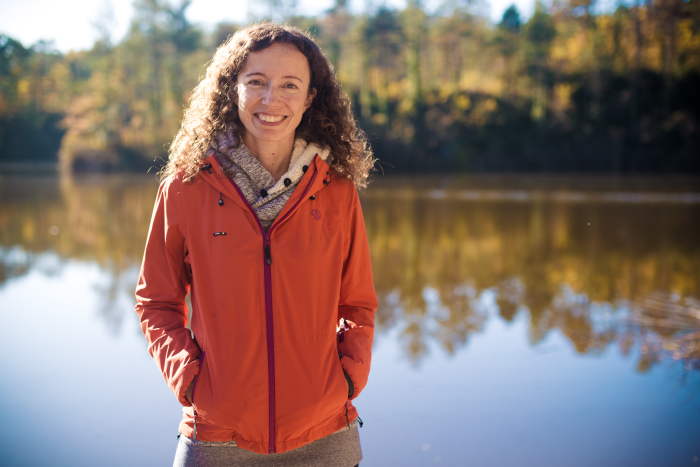
Updates on our work
More than 500 people gathered for the International Pond Conference: ponds for biodiversity, climate and people, on 12th and 13th November 2024. Co-hosted by PONDERFUL and the European Pond Conservation Network (EPCN), the virtual event attracted freshwater scientists, policymakers and practitioners from around the world.
The conference was officially opened by PONDERFUL co-ordinator Professor Sandra Brucet, EPCN representative Professor Sandro Lanfranco and Piret Noukas from the European Commission. With nearly 100 presentations from a global panel and 25 posters, the conference featured keynote speakers from leading institutions.
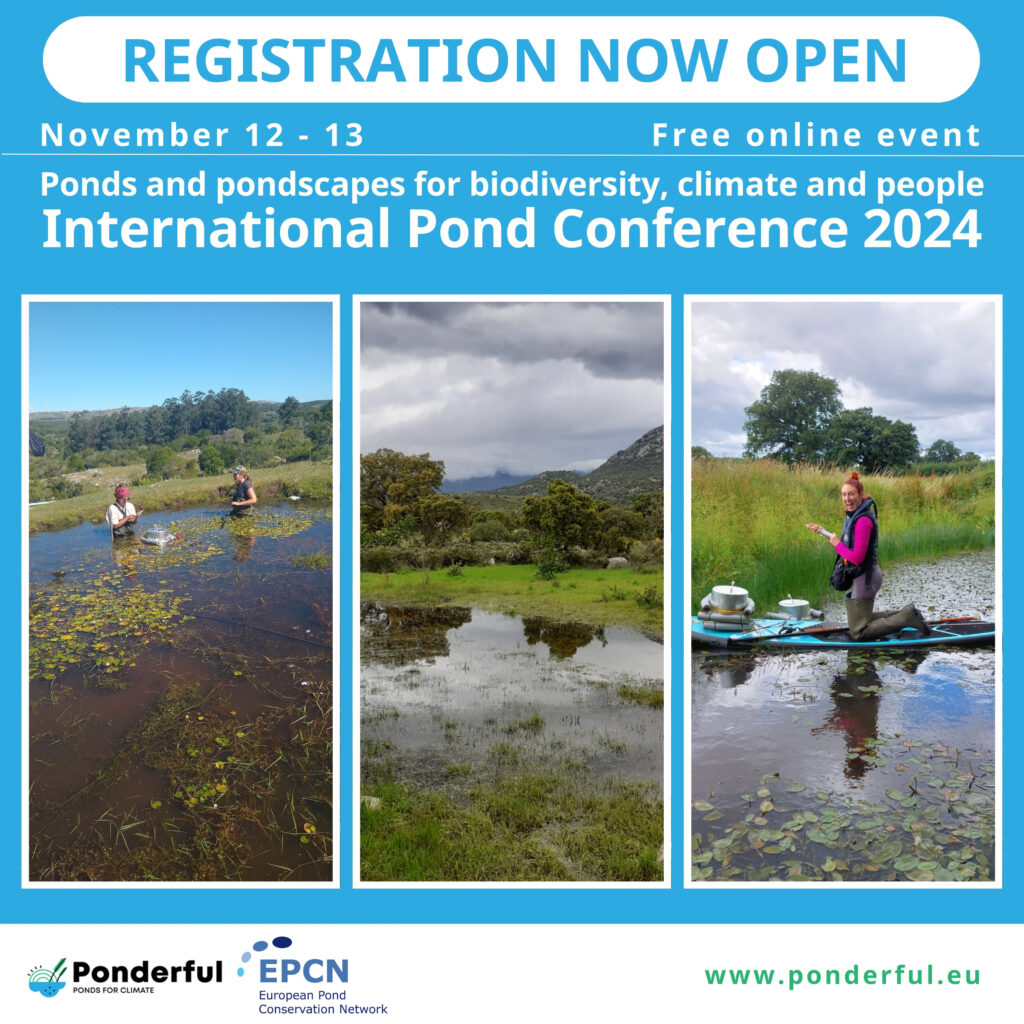
Policy makers and practitioners around the world can now access free guidance on how to harness the power of ponds and pondscapes as nature-based solutions. Two major new publications, developed through PONDERFUL, bring together the latest knowledge and practical advice on restoring and creating these habitats for the benefit of biodiversity, people and climate. They bring together expertise from across the PONDERFUL consortium and new research findings from the project.
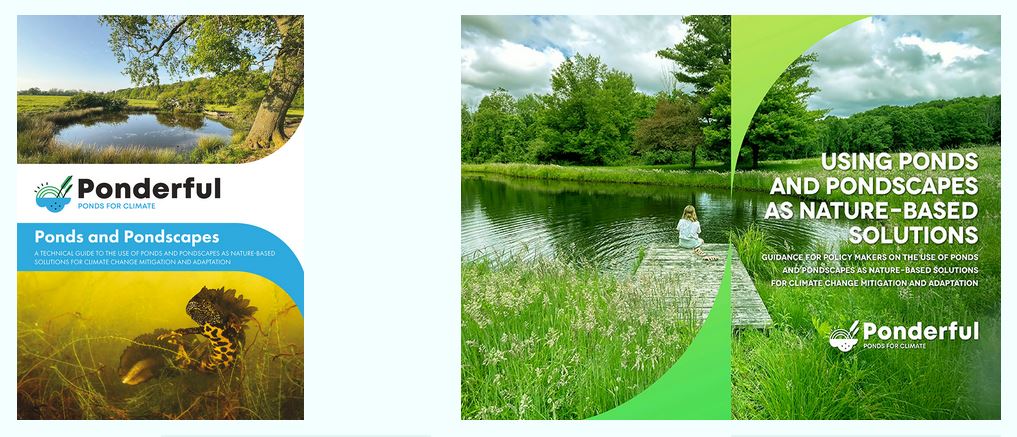
As PONDERFUL draws to a close, some of the principal investigators reflect on the project’s key discoveries and what they have learned about ponds and pondscapes:
For instance, key insights from our policy analysis are that there is general policy support for nature-based solutions but there are also many limitations and they often lack legal backing. On the other hand, conservation status can help in implementing pond/pondscape nature-based solutions. Our study also showed that local leadership may be more important than policies.
Our work on fishponds has generated new data to help us understand more about these kinds of ponds as carbon sources or sinks.
We provide new findings on the changes in biodiversity and ecosystem services indicators at the pondscape level under various climate and land use change scenarios and developed an integrative modelling framework to predict the impact of climate and land use change on multiple indicators of biodiversity and ecosystem services.
Our research showed that preserving a pond’s biodiversity (especially in terms of macrophytes and zooplankton) has a positive effect on maintaining ecosystem multifunctionality and also hat rural ponds hold high potential as cost-effective, nature-based solutions for enhancing both ecosystem and societal resilience to climate change and climate variability. Furthermore, we found out that hydrology has a crucial role to understand the colonization process in ponds, especially when assessing restoration success. For instance, when ponds possess water, they are more favourable to a higher number of pollinator species and in turn have more complex and resilience plant-pollinator networks. In addition, ponds surveyed were in general sources of greenhouse gases emitting both methane and carbon dioxide, with carbon dioxide dominating emissions. Conversely most ponds were sinks of nitrous oxide.
Finally, we demonstrated how pond and pondscapes are efficient and cost-effective nature-based solutions for addressing societal challenges.
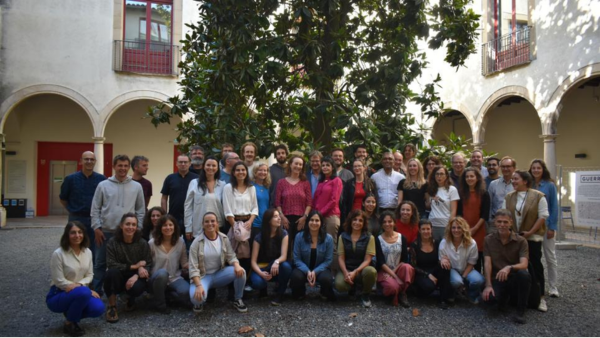
In October, the historic Catalan city of Vic provided the backdrop for the last official meeting of the PONDERFUL project. Members of the PONDERFUL consortium gathered over three days to share the project’s outputs and discuss future collaboration to ensure the project’s legacy continues far beyond its conclusion in November.
Audience Award in short-film festival
The PONDERFUL short-film “Exploring the Importance of Ponds” won the Audience Award from the Braga Science Film Fest. The Award-winning animation, and our second short film “How to Create a New Pond?”, are streamed in multiple languages on our Youtube channel.
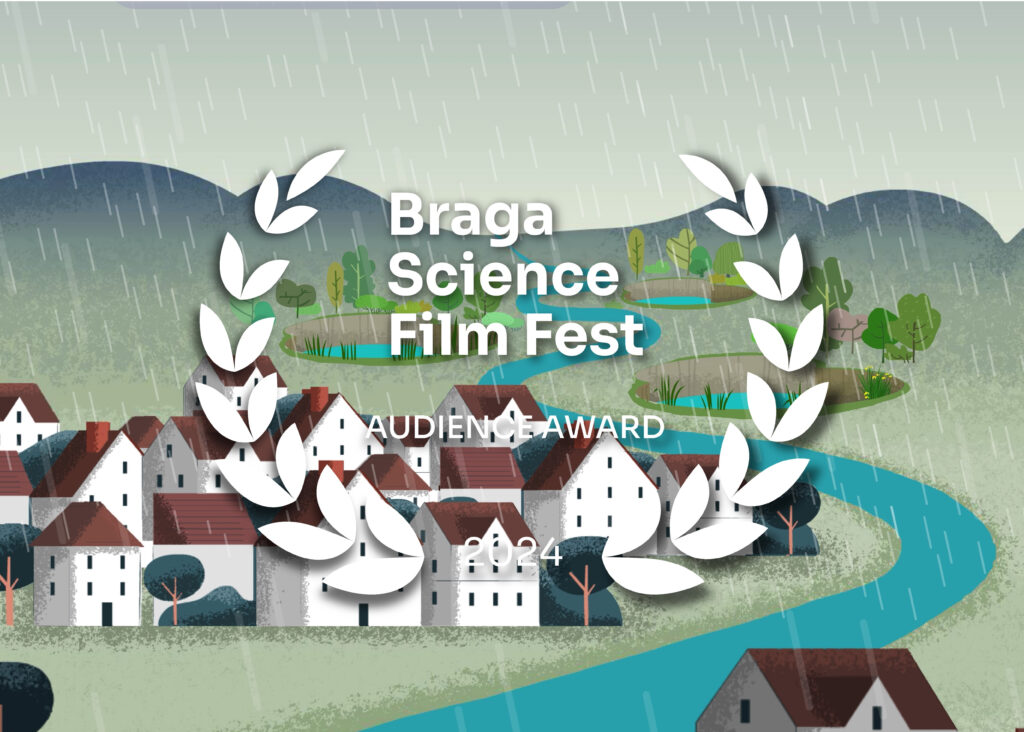
The PONDERFUL legacy: a walth of information and resources
The Information System hosts data generated by PONDERFUL via a centralised database on aquatic ecosystems, mostly at European level. This is an open access repository for long-term archiving and preservation which meets EU data management standard. The primary focus is on data used in PONDERFUL DEMO-sites and case studies, and resulting maps, model outputs and tools.
CLIMA-Ponds: a protocol for climate change adaptation
One of the key innovations of PONDERFUL is the CLIMA-pond concept and protocol. Alfred Figueras Anton and Dr Lars Briggs (both of AMPHI Consult in Denmark) explain how the concept could help people worldwide harness the power of ponds as a nature-based solution for climate change adaptation and mitigation. The goal was to conceptualise and create a marketable product based on specific conditions enabling ponds to store carbon, emit lower greenhouse gases than average, and simultaneously provide additional climate adaptation functions, such as water storage.

Freshwater reports
A new review of some recent research and policy events that caught our eye and got us thinking, or suggested some practical actions we could take. In addition, the PONDERFUL consortium is publishing a growing number of papers with results from the project. Keep an eye on the scientific publications page of our website for updates.

